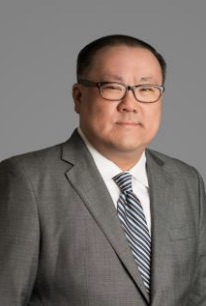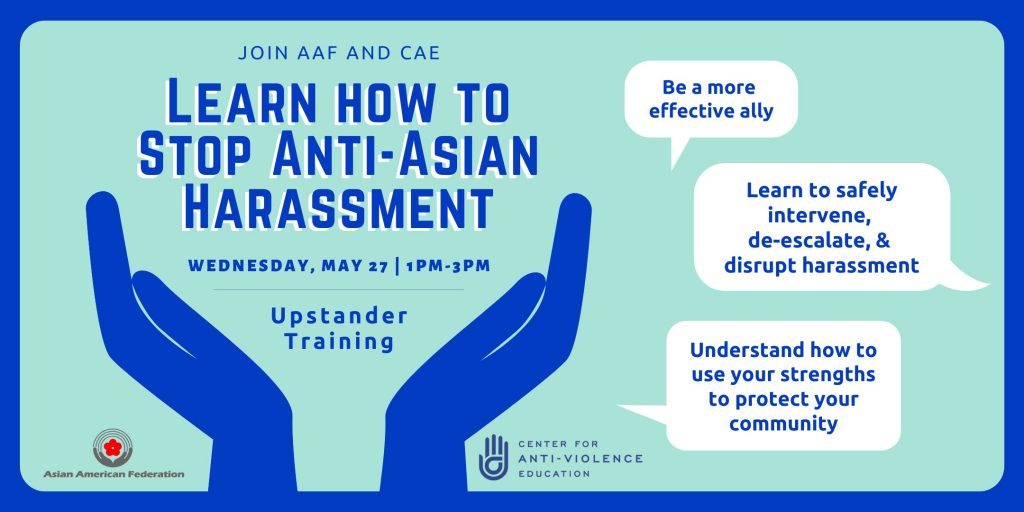On April 26, Chris Kwok, AABANY Board Director, AABANY Issues Committee Chair, and Co-Executive Editor of AABANY’s report on anti-Asian violence, was featured on PBS’s Metrofocus program. Host Jenna Flanagan interviewed Chris and The City reporter Christine Chung on the surge in hate crimes against Asians in the United States as well as steps to take to prevent these crimes. In the interview, Chris explained that, oftentimes, the circumstances of the incident make it very difficult to prosecute a perpetrator for a hate crime. As a result, Chris stated, hate crimes against Asians are severely underreported and that the incidents are often classified only as assault or harassment. Chris also emphasized the universality of the issue of hate crimes, while noting that perpetrators were not of a single race. Chris also explained the importance of the wider community’s role in combating hate crimes. Towards the end of the interview, Chris noted that “I think we need to get to a point where we care for each other as New Yorkers, have each others’ back. You know, get back to a sense of the city where we take care of each other a little more.” Watch the full segment here.
On May 1, Chris was quoted in FOX 5, which echoed his sentiments regarding the importance of reporting hate crimes and incidents of racially-motivated harassment. As Chris said, “[h]aving an official record of these things is useful for tracking the sentiment of anti-Asian hate and harassment.” Read the full news story here.
Please also take a look at previous blog posts from February 19, March 1, March 8, and March 15, and March 29, highlighting news stories about our report. If you have come across a news report or article about our report that is not listed above, please let us know at [email protected].
More public awareness about our report and the rise in anti-Asian violence is needed. Please share our report widely. If you have ideas or thoughts about how we can combat anti-Asian violence, please share them with us at [email protected].



